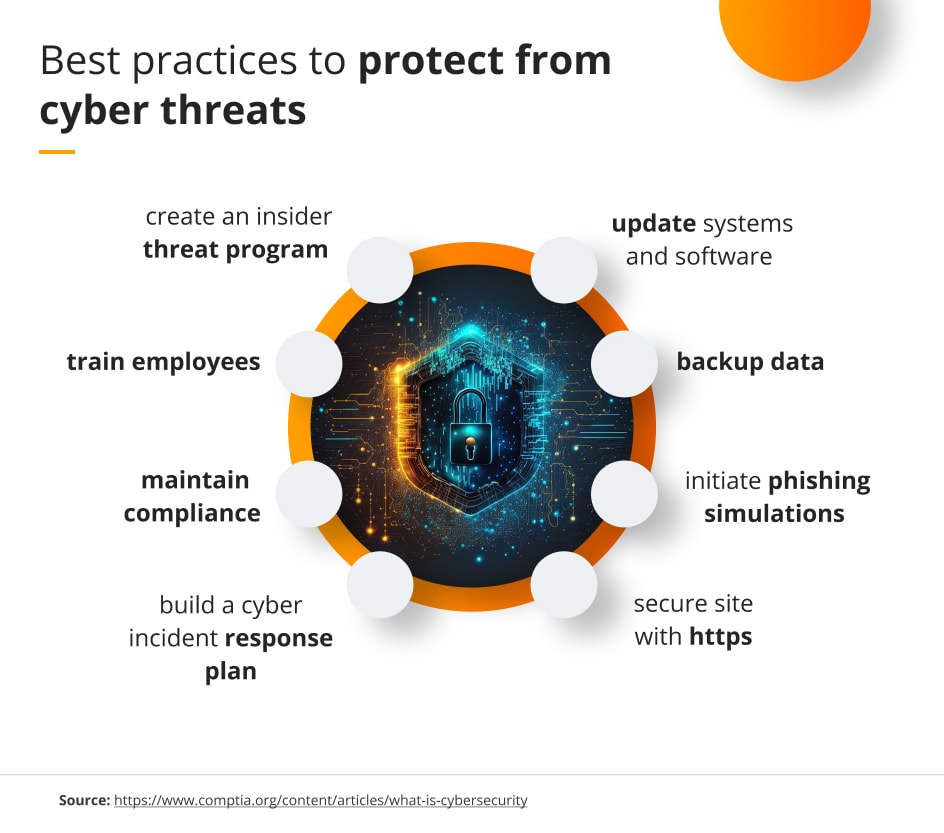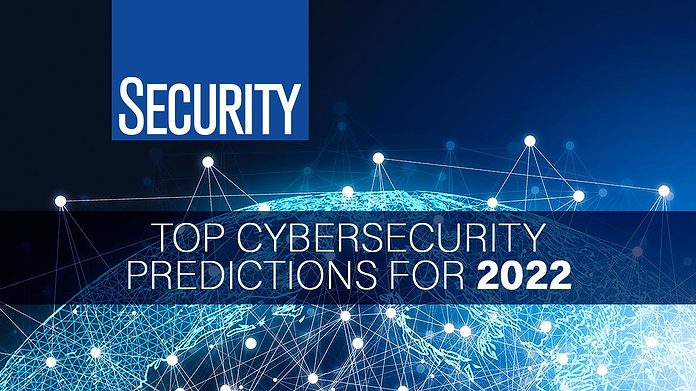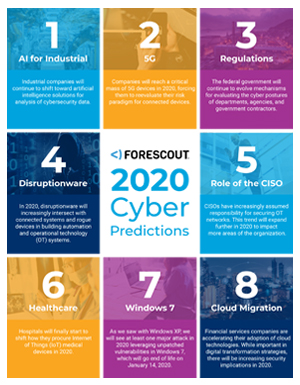The Next Frontier: Insightful Cybersecurity Forecasts for the Coming Year
As we approach the new year, the cybersecurity landscape is on the verge of remarkable transformation. Secret variables such as the integration of advanced AI innovations, the unpreventable rise of sophisticated ransomware, and the tightening up of data personal privacy laws are shaping the future of digital safety and security.
Increase of AI in Cybersecurity
In the swiftly advancing landscape of cybersecurity, the integration of expert system (AI) is emerging as a critical force in improving danger discovery and action capacities. AI modern technologies, such as artificial intelligence formulas and deep learning models, are being increasingly deployed to analyze vast amounts of information and recognize patterns a sign of safety dangers. Deepfake Social Engineering Attacks. This allows organizations to proactively attend to vulnerabilities before they can be exploited
The surge of AI in cybersecurity is specifically substantial in its capability to automate routine jobs, permitting human analysts to concentrate on even more complicated safety problems. By leveraging AI, cybersecurity groups can reduce reaction times and improve the accuracy of hazard assessments. Furthermore, AI systems can adjust and discover from new risks, constantly refining their discovery systems to stay in advance of harmful actors.
As cyber dangers become extra advanced, the need for sophisticated services will certainly drive further financial investment in AI technologies. This fad will likely result in the growth of improved security tools that include predictive analytics and real-time surveillance, eventually strengthening organizational defenses. The change in the direction of AI-powered cybersecurity services stands for not just a technical change but a basic change in exactly how organizations approach their safety strategies.
Boost in Ransomware Strikes
Ransomware attacks have actually come to be a prevalent danger in the cybersecurity landscape, targeting companies of all sizes and throughout various markets. As we progress into the coming year, it is expected that these strikes will certainly not only enhance in regularity yet also in elegance. Cybercriminals are leveraging sophisticated strategies, consisting of making use of expert system and equipment learning, to bypass conventional safety actions and manipulate vulnerabilities within systems.
The escalation of ransomware assaults can be credited to several factors, including the rise of remote work and the growing reliance on digital services. Organizations are commonly not really prepared for the evolving danger landscape, leaving essential infrastructure susceptible to breaches. The financial implications of ransomware are staggering, with companies encountering large ransom demands and potential long-term functional interruptions.
Furthermore, the trend of dual extortion-- where attackers not just encrypt data but also threaten to leak delicate details-- has actually acquired traction, further persuading targets to conform with demands. Consequently, companies should prioritize durable cybersecurity procedures, including regular back-ups, worker training, and event reaction preparation, more to minimize the dangers connected with ransomware. Failure to do so could bring about ravaging consequences in the year in advance.
Advancement of Data Personal Privacy Laws
The landscape of data personal privacy policies is undergoing considerable improvement as governments and companies react to the raising issues bordering personal information security. Recently, the execution of detailed frameworks, such as the General Information Protection Law (GDPR) in Europe and the California Consumer Personal Privacy Act (CCPA) in the United States, has actually set a precedent for stricter personal privacy legislations. These policies stress customers' rights to regulate their data, mandating openness and accountability from companies that collect and refine individual details.

Moreover, organizations will certainly need to improve their compliance strategies, buying why not look here advanced technologies and training to protect sensitive information. The evolution of information personal privacy guidelines will certainly not just effect exactly how companies operate but also form consumer expectations, fostering a society of trust fund and security in the digital landscape.
Growth of Remote Job Susceptabilities
As companies remain discover this to accept remote work, vulnerabilities in cybersecurity have actually progressively concerned the center. The shift to adaptable job setups has actually revealed critical gaps in security methods, especially as workers access delicate data from diverse places and devices. This decentralized job atmosphere develops a broadened attack surface area for cybercriminals, who exploit unprotected Wi-Fi networks and personal devices to penetrate company systems.

To reduce these susceptabilities, organizations should prioritize thorough cybersecurity training and execute durable security frameworks that include remote job scenarios. This includes multi-factor verification, normal system updates, and the establishment of clear methods for data gain access to and sharing. By dealing with these susceptabilities head-on, firms can foster a much safer remote workplace while maintaining operational strength when faced with progressing cyber hazards.
Advancements in Threat Detection Technologies


Aggressive danger detection has actually come to be a keystone of modern cybersecurity approaches, showing the urgent demand to combat significantly advanced cyber threats. As companies face an advancing landscape of vulnerabilities, innovations in risk discovery innovations are critical in mitigating dangers and enhancing safety positions.
One remarkable pattern is the assimilation of expert system and artificial intelligence right into hazard detection systems. These modern technologies enable the analysis of substantial amounts of data in actual time, enabling the recognition of anomalies and potentially harmful tasks that may avert typical security procedures. In addition, behavioral analytics are being executed to develop standards for regular user activity, making it less complicated to discover inconsistencies indicative of a breach.
Furthermore, the increase of automated hazard knowledge sharing platforms assists in joint protection initiatives throughout industries. This real-time exchange of info improves situational awareness and accelerates reaction times to emerging dangers.
As companies proceed to spend in these innovative modern technologies, the performance of cyber defense reaction will significantly improve, empowering security teams to stay one step ahead of cybercriminals. Ultimately, these advancements will play a vital role in forming the future landscape of cybersecurity.
Verdict
In recap, the future year is expected to witness transformative growths in cybersecurity, driven by the combination of AI technologies and a remarkable boost in ransomware strikes. Generally, these evolving characteristics highlight the critical value of adapting to an ever-changing cybersecurity landscape.